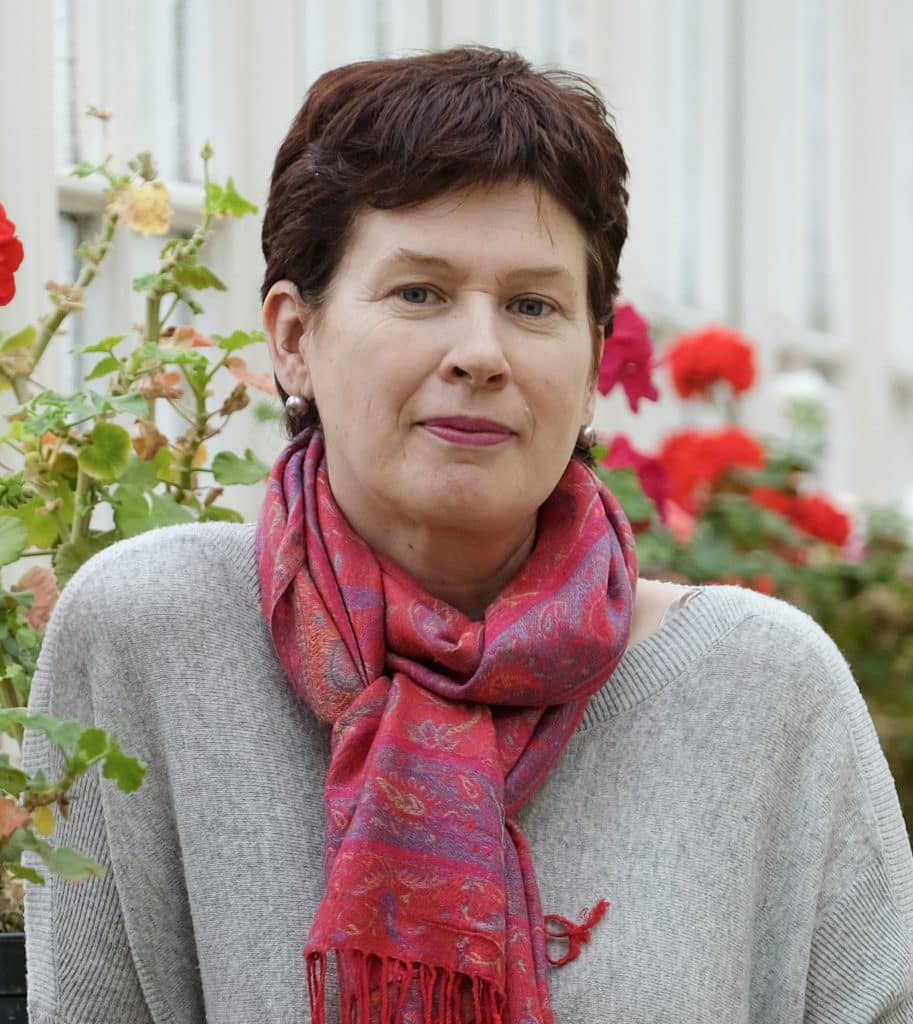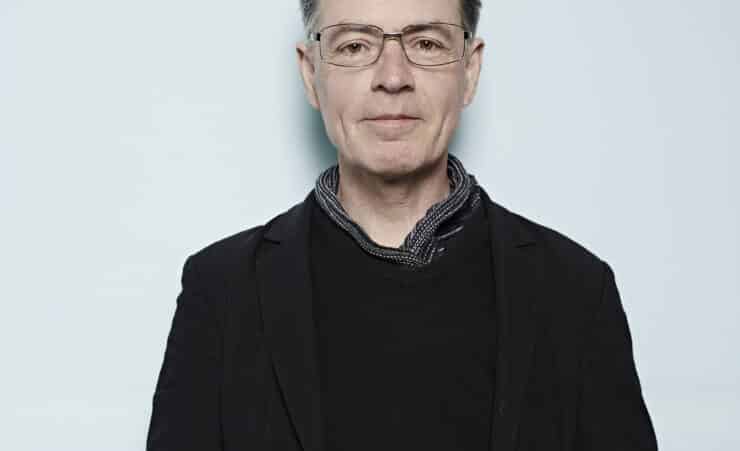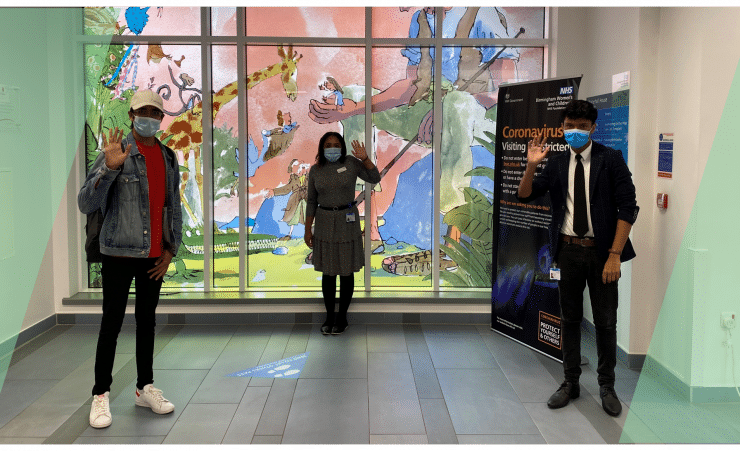
From isolation to opportunity – my story of adapting to Covid
What a surreal eerie time the last eight months have been and I can’t say I’m getting more used to it. As an academic and Director of the Irish Institute for Catholic Studies (IICS), a tiny organisation based in Mary Immaculate College, Limerick, the changes Covid-19 has brought to my work and personal life have been enormous – just like for everyone else. It’s so counterintuitive not to reach out to people; my kids’ grandad is 90 and they haven’t hugged him in nine long months.
At the beginning, my work life seemed frozen and still. My desk in the third-level college where I worked was deserted and eight months later remains untouched, exactly as I left it at the end of March. The plans I had been making evaporated overnight. The IICS was about to host a Seminar on Sikhism with the City Council and months of work was cancelled in minutes. A public exhibition of images due to be launched the week of lockdown is now lost between hope and memory. The virus pulled the plug on the schedule of public face-to-face lectures we’d planned for 2020, on various seminars and fieldtrips with students and forthcoming conferences. I was reeling and perplexed. That feeling of isolation and solitude wasn’t good. I imagined that I’d just have to do desk-based research until the virus was gone. It was deeply shocking to be so powerless overnight and for all certainties to be erased.
‘That feeling of isolation and solitude wasn’t good.’
As the weeks dragged on I was offered an opportunity for support from IVAR – to chat to a small group of people in the UK who were leading organisations and charities. The initial meeting online with the group of 9 or so people was a real turning point for me. In the first meeting we all spoke about our work, our reactions to Covid and how we were trying to lead our organisations. I was amazed to hear dynamic, energetic peers speak of the adaptations they had already made to continue their vital work. Charities serving people in crisis could not pause. The peer session was conversational, natural, easy, honest and profound. The participants were passionate about their organisations. They showed ingenuity and creativity in the way they quickly adapted their diverse practices, supported their staff, addressed the acute needs of the people they served, all while socially distanced or online in accordance with government regulations.
‘The peer session was conversational, natural, easy, honest and profound.’
Prior to this peer mentoring I had never heard of any of these amazing organisations and I’m certain they had never heard of mine! Yet these regular monthly peer sessions became a real opportunity for solidarity and a window into a world of possibility. People were honest about their worries, the financial strain, and their fears. In those sessions we spoke spontaneously about day-to-day matters that arose as the pandemic continued to unfold. The need to keep going despite huge challenges, the pros and cons of working from home, the difficulties of connecting with and meeting the urgent needs of people in the community, the challenge of keeping positive and focused when energy levels and morale is low, the immediate need to access funding. Even the things that kept us awake at night. Pretty quickly I realised that Covid was a watershed. There was no going back. As the Greek Philosopher Heraclitus wisely noted, nobody can step into the exact same place in a river twice. The old ways were gone.
‘I realised that Covid was a watershed. There was no going back.’
In the early days of lockdown I hadn’t used technology very much at all. Zoom and Teams were not my best friends. Skype was a rare feature in my life. Through learning from my peers in the IVAR group, I began to see the possibilities for changing my thinking about my organisation and my role within its development. A pivotal moment was when I heard one leader speak of the importance of providing confidential counselling online and of the potency of technology to support life-saving online dialogue with people who were vulnerable and isolated during Covid. As I listened to others speak of the ways they’d adapted their schedules and repurposed their budgets, it led me to a complete flip. I’d been viewing Covid as this terrible threat. During the conversations with my IVAR peer group, I began to grasp that this new Covid-time could also be seen as an opportunity. I could see the potential of trying to contribute something positive to the transformed world. The challenge was to see if there were new and creative ways to do what I once did, albeit very differently.
‘During the conversations with my IVAR peer group, I began to grasp that this new Covid-time could also be seen as an opportunity.’
Technology has meant that the IICS cannot only continue our work but that we can focus on growing it for a new world. We are hosting our events online and have a new schedule for the autumn semester. We have people joining our events from across the UK, Uganda, the South of France, the USA, Ethiopia to name just a few. In June, instead of cancelling our annual retreat with the Benedictine monks in Glenstal Abbey in Limerick, we decided to move it online. It was a lot of work, but we got 5 times the number of participants we normally have on the day (250 instead of 50) and we also recorded the event so that people can still access it.
We all know that the pandemic has brought so many negatives. However, it has also given us great opportunities if we stay positive and try to be flexible. As John Henry Newman said ‘to live is to change’. We are working on making the most of the changes Covid has visited on us in the belief that this time is precious. We can survive and we can thrive.


